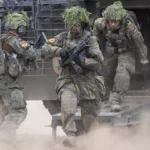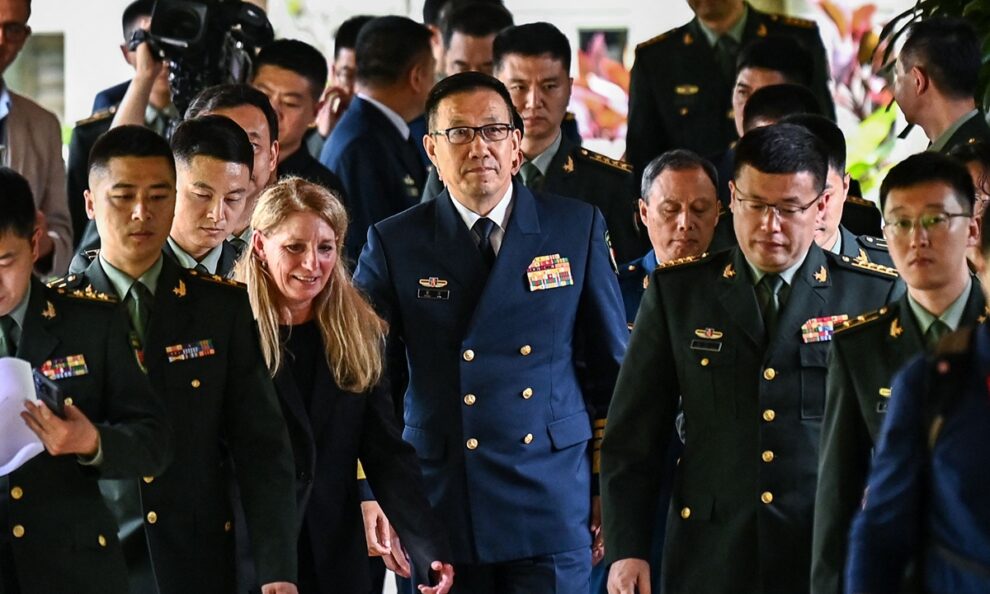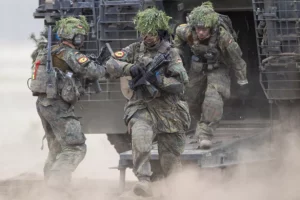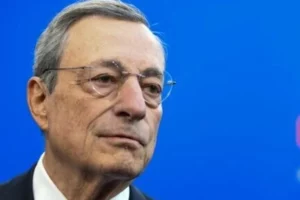Beijing is expected to seek further military communication with Washington on thorny issues like the South China Sea as it hosts a security forum in the Chinese capital, but analysts expect tensions to persist.
The three-day Xiangshan Forum – China’s premier annual security conference which is seen as Beijing’s answer to the Shangri-La Dialogue in Singapore – will be held from Thursday to Saturday.
According to the Chinese defence ministry and state media, the forum will be attended by more than 700 participants and official delegations from more than 90 countries, including defence ministers and chiefs of general staff.
“The number and level of participants has exceeded all previous years with increasingly wider representation,” the defence ministry said last month.
The forum is typically hosted by China’s defence minister, and this year’s event will by attended by Dong Jun, who assumed the role in December.
A full list of those taking part has not been released but defence chiefs from Southeast Asian countries including Singapore, Cambodia, Vietnam and Laos are expected to attend.
Singapore on Wednesday said its defence chief Ng Eng Hen would meet senior Chinese military officials, including Central Military Commission vice-chairman Zhang Youxia.
Cambodia’s defence chief Tea Seiha will also meet Zhang, according to Cambodian media.
Last year, Russia sent its then defence chief Sergei Shoigu to the event, but Moscow has not confirmed who it will send this year.
The United States will reportedly send Michael Chase, the deputy assistant secretary of defence for China, Taiwan and Mongolia, according to Reuters.
Panels at the forum will cover a range of issues including regional security, security in Europe and the Middle East, as well as the future of artificial intelligence.
This year’s forum comes as China and the US have recently stepped up military communications.
Three months after Dong held his first in-person meeting with US Secretary of Defence Lloyd Austin in Singapore in May, the two sides re-established command theatre level talks, which were cut in 2022 following then US House speaker Nancy Pelosi’s controversial visit to Taiwan.
However, analysts expected that the forum would not measurably reduce tensions in the hotspots of the South China Sea, East China Sea and the Taiwan Strait.
Benjamin Barton, an associate professor at the University of Nottingham’s Malaysia campus, said Chase’s attendance at the Xiangshan Forum was “logical”.
“Both sides are reluctant to move too fast because of the continuous risk that ties may deteriorate at any given time. There are still many sore points, and plenty could still go wrong,” Barton said. “Hence, the preference to err on the side of caution by not overcommitting.”
Shi Yinhong, a professor of international relations at Renmin University, was sceptical about the forum’s role in fostering in-depth and substantive communication between the Chinese and US militaries.
“The Xiangshan Forum is designed primarily to address general principles,” Shi said. “However, it’s unlikely to lead to specific agreements on conflict prevention or concrete measures for addressing particular situations. That is not the forum’s mission.”
Wu Xinbo, director of the Centre for American Studies at Fudan University, said the two sides were working to “enhance mutual understanding” but interactions between them were “unlikely to have a substantive impact on the security relationship between the two nations”.
Euan Graham, a senior analyst at the Australian Strategic Policy Institute, said Beijing would still seek to push back against US presence in the three regional hotspots.
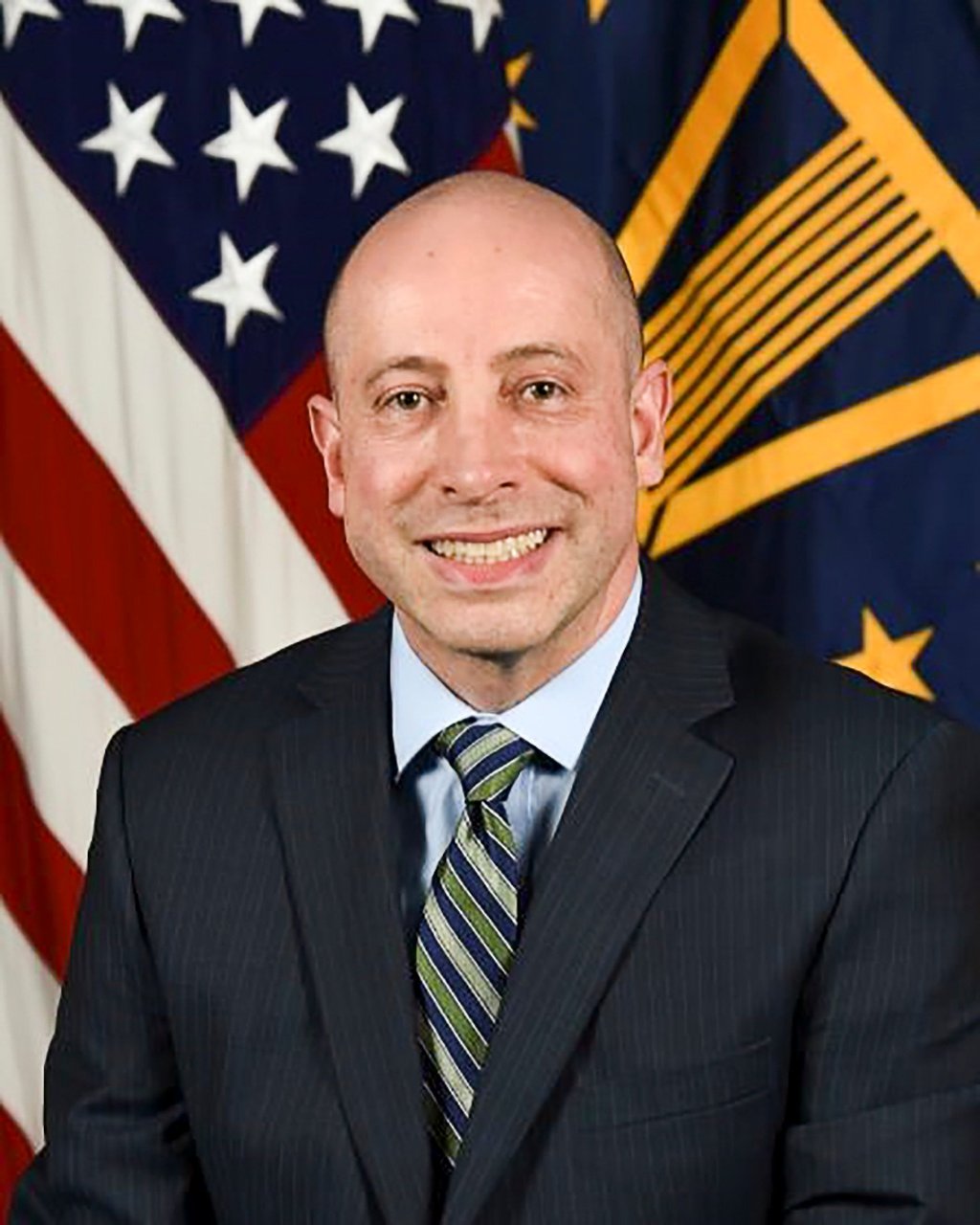
“China’s maritime behaviour stems from a deliberate intention to unseat the US as the predominant power, and to undermine its allies’ confidence in Washington’s security guarantees,” Graham said.
Chinese and Philippine coastguards have been involved in a series of confrontations in the South China Sea in recent months, while Japan has reported an increase in military activities in the East China Sea and accused a Chinese naval survey vessel and reconnaissance plane of entering Japanese territorial waters and airspace.
Stephen Nagy, a visiting fellow at the Japan Institute for International Affairs, expected that Beijing would continue to assert its maritime claims in the South China Sea and the East China Sea, while Washington would stress that international law is upheld in the disputed waterways.
Beijing has also intensified its military activities near Taiwan. In May, the People’s Liberation Army (PLA) conducted a drill simulating a blockade of the self-ruled island a few days after independence-leaning William Lai Ching-te was inaugurated as Taipei’s new leader.
The PLA also sent a record 66 warplanes and drones across the median line of the Taiwan Strait in June, while its aircraft carrier Shandong and Type 075 amphibious assault ship were spotted sailing to the east of Taiwan in the Philippine Sea in August.
Beijing sees Taiwan as part of China to be reunited by force if necessary. Most countries, including the US, do not recognise Taiwan as independent, but Washington is opposed to any attempt to take the island by force and is committed to supplying it with weapons.
Timothy Heath, a senior international defence researcher at the Rand Corporation think tank, said talks could help manage tensions on the issue.
“Although a major breakthrough on these difficult issues is unlikely, holding talks is a first important step towards easing tensions and establishing a working relationship to manage such issues,” he said.
Raymond Kuo, director of the Rand Corporation’s Taiwan Initiative, said the US had continued tightening its security coordination with Japan, the Philippines and Taipei to “compete with China in the East China Sea, the South China Sea, and Taiwan Strait, respectively.”
“The US is looking to manage the competition – advancing its security interests and those of its partners, but not so much that the situations escalate into more overt and dangerous conflict,” Kuo said.
“But I don’t expect [the US and China] to reach any agreements to resolve the challenges underlying their tensions. This is about communicating and clarifying positions, not achieving some kind of a solution.”


